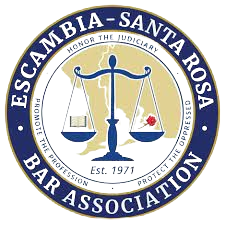
Many clients who are convicted of crimes, in many cases, are not immediately sent to jail. If the crimes were not too serious, they could remain free as long as they meet specific requirements in an assigned period of time. This is known as probation.
Requirements during probation
On probation, you can remain free, keep your job, and provide for your family. However, there are specific terms or procedures that you would be subject to. These may include:
– The payment of fines, surveillance costs, and judicial costs
– Reporting to your supervisor constantly as ordered by the court or allowing visits at your home, workplace, or other agreed places
– Not using substances such as alcohol, drugs, or medications that a doctor has not prescribed. You may be required to submit to random drug or alcohol testing
– Staying in certain areas, such as within the limits of a county or state
– Avoiding association with people or places that are related to criminal activities
– Not owning firearms
– Not violating new laws
If you do not comply with the conditions of your probation, you can be arrested and charged with violation of probation. There are different types of probation, ranging from administrative probation (without reporting) to house arrest, all of which require absolute compliance with court-imposed terms.
Some recommendations if you are on probation:
1. If you are experiencing financial hardship and are unable to pay court-imposed costs, notify your probation officer. It is possible to apply to reduce costs. This is also possible through a lawyer at sentencing.
2. Questions your supervisor will regularly ask include whether you have had contact with a law enforcement officer. Many people fear that if they report the fact, they will automatically violate their probation. However, if you do not answer honestly – even if it is a simple civil infraction – the consequences of lying to your supervisor can be serious.
3. If you have violated your probation, it is better to turn yourself in voluntarily. This does not always mean you will go to jail, and it shows that you are taking your probation seriously. If you do not turn yourself in knowing there is a court order or you do not report to your supervisor, you will be committing an infraction. Surrendering yourself can help an attorney argue and mitigate the violation.
If you have violated your probation or need legal help with criminal defense cases, it is best to contact an experienced attorney. Mitkevicius Law can help you.
View All Blogs




